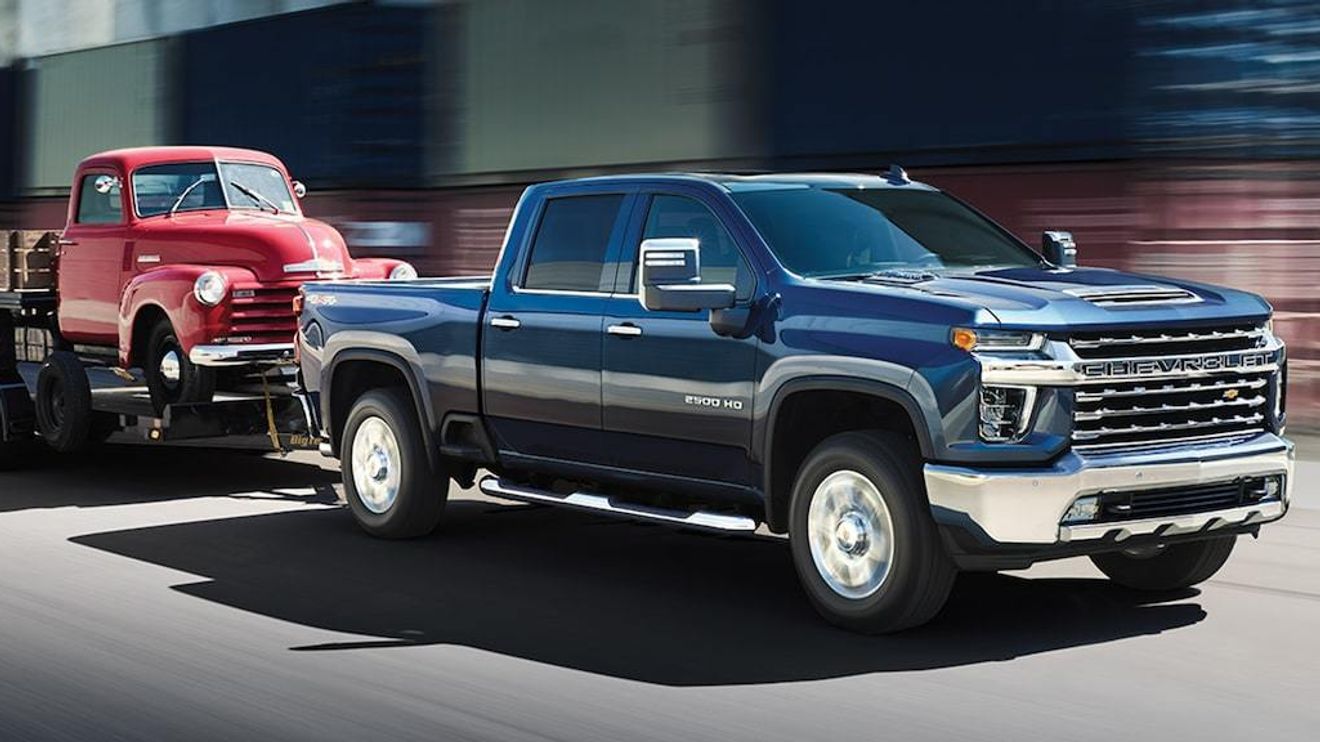Has the dream of towing with electric vehicles come true? For instance, we know EVs can serve up instantaneous acceleration from any speed without an internal combustion engine’s need to spool up to deliver power. Indeed, even a slow EV can have impressive torque. We also know that many EVs are currently rated for towing. But should we consider owning or leasing an electric vehicle if towing is our priority?
To answer all these questions, we’ve compiled this electric vehicle towing guide to sort through the pros and cons in all areas of EV towing.
Also see: New Ram electric pickup can get up to 500 miles on a charge, go 0-60 in 4.4 seconds
Towing capacity of electric trucks
The bigger question remains: Does good acceleration translate into the ability to tow a heavy load? Because electric trucks are flooding the market, you may consider trading in your gasoline or diesel truck for an electric vehicle. After all, exciting new EV trucks from tech startups Rivian
RIVN,
and Tesla
TSLA,
plus legacy GM
GM,
and Ford
F,
have recently been added.
So why not make the jump? There’s lots of power with zero tailpipe emissions, suggesting a guilt-free utility experience. Even still, we recommend heavy haulers should not yet send their workhorse trucks out to pasture.
Electric trucks of the present and near-future
Here’s a look at what automakers estimate as to the top towing rating for several electric trucks that are either on sale or on their way:
- 2024 Chevrolet Silverado EV: 10,000-20,000 pounds, depending on model
- 2023 Ford F-150 Lightning: up to 10,000 pounds
- 2023 GMC Hummer EV: up to 7,500 pounds
- 2024 GMC Sierra EV: up to 9,500 pounds
- 2024 Ram 1500 REV: Up to 14,000 pounds
- 2023 Rivian R1T: up to 11,000 pounds
- 2023 Tesla Cybertruck: up to 14,000 pounds (likely)
See: Tesla’s Cybertruck delayed again—when will we see it?
Electric trucks still to come
Bollinger, Canoo
GOEV,
and Lordstown
RIDE,
may not be household names, but all three startups plan to offer electric trucks soon. Here’s a look at those and others planned.
- Bollinger B2: The vehicle may handle up to 7,500 pounds
- Canoo : It may handle up to 7,700 pounds.
- Lordstown Endurance: This truck may handle up to 7,500 pounds
-
Toyota
TM,
-0.89%
Tacoma EV: TBD
See: Canoo dig it? Startup’s EV looks like a cross between a city bus and a space pod
Towing capacity of electric cars and SUVs
But it’s not only electric trucks that can tow. Many current electric cars offer towing capabilities. Those include:
- 2023 Audi e-Tron and e-Tron Sportback: up to 4,000 pounds
- 2023 Hyundai Ioniq 5: up to 2,300 pounds
- 2023 Kia EV6: up to 2,300 pounds
-
2023 Polestar
PSNY,
-0.91%
2: up to 2,000 pounds - 2023 Polestar 3: up to 3,500 pounds
- 2023 Tesla Model X: up to 5,000 pounds
- 2023 Tesla Model Y: up to 3,500 pounds
- 2023 Volkswagen ID.4: up to 2,700 pounds
- 2023 Volvo XC40 Recharge: 2,000 pounds
Electric cars not recommended for towing
Even though electric cars and SUVs offer towing capacity, it does not mean you should tow with them due to battery drain events like hot weather and more. You can read about the events below.
Aftermarket firms make trailer hitches for many electric cars, including the Nissan Leaf, Ford Mustang Mach-E, and Chevrolet Bolt EV. However, car manufacturers still do not recommend using those specific vehicles to tow trailers.
The challenges of electric vehicle towing
It’s no mystery that a significant increase in weight means the electric motor will need to work harder to lug that trailer. In some cases, it weighs more than double the towing vehicle. But there are plenty of other power vampires electric vehicles contend with when towing.
Power drain
With a gasoline or diesel engine, there is more consumption of fuel. The same principle applies to electric vehicles in battery depletion. And the only way to add a substantial charge to an electric car is to plug it into a charger. Even the most rapid chargers take longer to replenish a battery than a fuel station takes to fill up.
Regenerative brakes drain
Electric vehicles feature regenerative brakes that recapture energy during the stopping process. The recaptured energy can indeed provide a trickle to the battery pack. Even the extra heat produced by braking a heavier vehicle and trailer offers only a tiny amount of replenished power.
But as with any towing situation, numerous factors can help drain energy from a battery, including:
Trailer weight
A loaded-up trailer means more work for the electric motor. Less is more when it comes to battery life.
Payload
Adding passengers or a bed full of cargo translates into more weight for the truck to pull around. That weight results in a harder-working motor and more battery usage.
Weather variables
An electric vehicle operates best at around 70 degrees Fahrenheit, with notable declines in hotter and colder weather.
Heating/air conditioning and other accessories draw
Using the air, heater, or other accessories will reduce range.
Hills and mountains
While going downhill for extended stretches can recharge the battery, climbing grades means a harder-working motor. Unfortunately, going up a 1,000-foot grade and descending does not equal net-zero consumption.
Check out: Four valuable lessons I learned taking a road trip in an electric car
Bottom line: towing drains range
A Rivian spokesperson told Autotrader that a trailer loaded to the total 11,000-pound capacity would reduce its R1T pickup range by around 50%. The R1T has an Environmental Protection Agency rating of up to 328 miles on a full charge.
A Chevrolet representative said the automaker expects “a similar impact on EV range” compared to a gas or diesel truck fuel economy.
Also see: Your complete guide to MPGe, the electric equivalent of miles per gallon
Although we don’t have all the data yet, battery drain is a problem for EV towing across the board. In truth, the benefits of green energy diminish when you add towing and increased payloads to an electric vehicle. So, in the final analysis, EV towing presents an additional level of range anxiety that quickly makes it a deal-breaker.
This story originally ran on Autotrader.com.
Read the full article here













